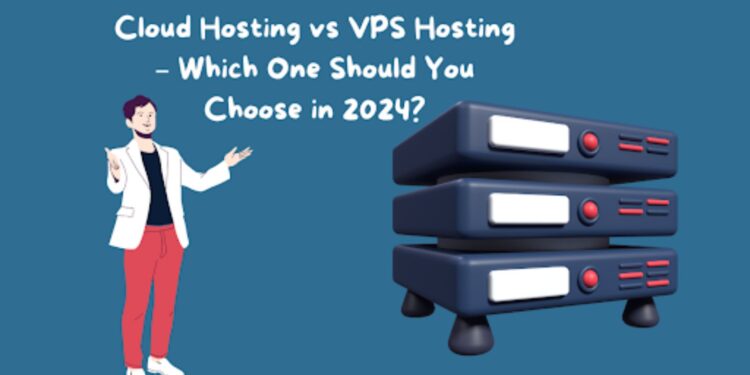Navigating the world of web hosting can feel like deciphering a foreign language. With so many options, how do you know which one suits your needs best? Two popular choices are cloud hosting and VPS hosting. Each offers unique benefits tailored to different requirements, but understanding these differences is key to making an informed decision.
In my experience, cloud hosting is like having a flexible and scalable safety net. It distributes resources across multiple servers, ensuring reliability and performance even during traffic spikes. On the other hand, VPS hosting provides a dedicated slice of a server, offering more control and customization for those who need it.
Choosing between cloud and VPS hosting ultimately depends on your specific needs, budget, and technical expertise. I’ll break down the essential features of each to help you determine which is the right fit for your project. Let’s dive into the details and find the perfect hosting solution for you.
Understanding Cloud Hosting
Cloud hosting relies on a network of virtual servers to manage websites and applications efficiently. This approach guarantees flexibility and scalability, especially for sites experiencing rapid changes in traffic.
Benefits of Cloud Hosting
Cloud hosting offers several advantages over traditional hosting options. Flexibility allows resources to scale automatically based on demand. A strong benefit of cloud hosting is its uptime reliability. Unlike single-server setups, cloud environments leverage multiple servers. This reduces the risk of downtime during updates or failures. Pay-as-you-go pricing models mean you only pay for what you use, making it a cost-effective solution. Security measures are robust, with data spread across multiple locations ensuring better redundancy.
Drawbacks of Cloud Hosting
While cloud hosting provides many advantages, there are potential downsides. Complexity in management could be an issue for those without technical expertise.

Hidden costs might emerge from unexpected resource consumption if monitoring isn’t diligent. There’s also a reliance on internet connectivity; performance could suffer during connectivity issues. Latency might increase if data must travel across distant servers.
With these considerations, it’s essential to evaluate personal needs and technical capabilities when deciding between cloud hosting and other options, such as Cloudzy’s Cloud VPS Plans.
Exploring VPS Hosting
VPS hosting offers dedicated virtual resources on a single physical server. This provides control similar to dedicated hosting, without the high costs associated with dedicated servers.
Advantages of VPS Hosting
- Cost-Effectiveness: VPS hosting offers a cost-effective solution by providing dedicated resources at a fraction of the cost of a dedicated server.
- Customization: Users can install and configure software to meet specific needs. This is essential for businesses with unique application requirements.
- Scalability: Allocating additional resources is straightforward, allowing for easy scaling as your business grows.
- Security: VPS environments offer better security compared to shared hosting. Users benefit from isolated instances, reducing risks of cross-contamination from other users.
- Technical Expertise Required: Managing a VPS demands a certain level of technical knowledge. This can be a constraint for those without IT expertise.
- Potential Resource Limitations: VPS might lack the resource redundancy of cloud hosting for handling unexpected traffic spikes.
- Cost Overruns: While generally cost-effective, misconfigured VPS setups can lead to unexpected expenses, particularly if resource usage isn’t closely monitored.

Considering these factors, VPS hosting presents a reliable option when control and customization are priorities.
Cost Considerations
When evaluating cloud hosting and VPS hosting, cost plays a significant role in your decision-making. Understanding the pricing structures of each option helps clarify which aligns best with budgetary constraints.
Cloud hosting offers a pay-as-you-go model, allowing businesses to pay for resources based on usage. This can be cost-effective since it adjusts expenses according to demand fluctuations, ideal for start-ups and growing companies. However, this also carries the risk of unexpected costs if resource consumption spikes.














































































































